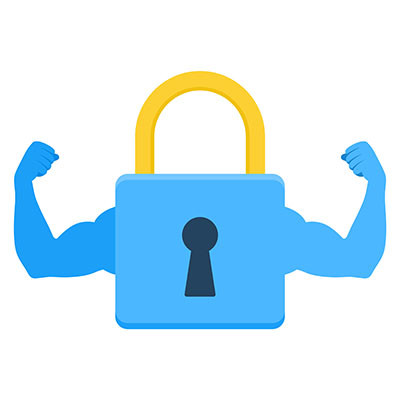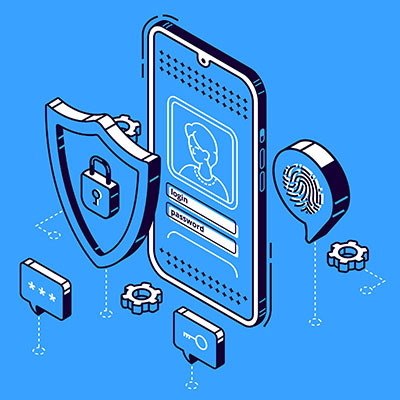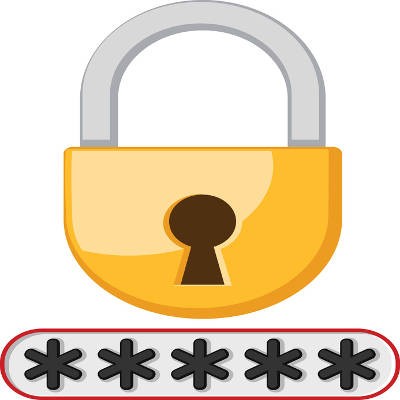Passwords are often the key to an organization's cybersecurity because they set them up as a tool for their employees to use that work better than leaving them to their own devices. They do have some detriments, however. This month, we discuss the pros and cons of password managers to protect company-owned digital resources.
PCSOFT Blog
The prevalence of technology in even mundane, everyday tasks means that more scams are out there to take advantage of unsuspecting victims. Hackers will do everything they can to take advantage of vulnerabilities in your systems, as well as cracks in your employees’ technological know-how. One way you can take the fight to them is by reinforcing appropriate password security measures.
There are so many threats out there that there are positions dedicated within companies to protecting network infrastructures and managing cybersecurity strategy. This alone should be enough to get you to take it seriously. With your employees controlling the “keys to the castle,” i.e., passwords, you need to make sure that you have a solid password strategy in place so as to not inadvertently put your company at risk.
If you want to secure your online accounts, then this starts with proper password practices. A good password can make all the difference in securing an account, and despite us constantly advocating for additional solutions and security measures, you should never discredit the importance of a password. Let’s go over some of the best ways you can use better passwords in your day-to-day lives.
It’s no secret that passwords have long held center stage when it comes to data security, but if we’re to be honest, a password just isn’t sufficient to protect your business. Don’t get us wrong: passwords remain immensely important, but their role has diminished with the availability of other, more advanced security features. One of these features is something called multi-factor authentication.
Passwords are often all that stands between hackers and account information; this is true for both personal and business data. However, passwords are often not enough to protect data from the clutches of hackers. We’ll walk you through how to ensure your organization implements only the most powerful of passwords, as well as additional security measures to guarantee maximum protection.
Security is an incredibly important part of running any business, but unless you’re a professional IT technician, you may run into a couple of roadblocks while implementing a solution. Chief among these is not knowing exactly what you’re protecting your business from. Keep the following tips in mind to reinforce your security strategy and preserve your business infrastructure’s integrity.








